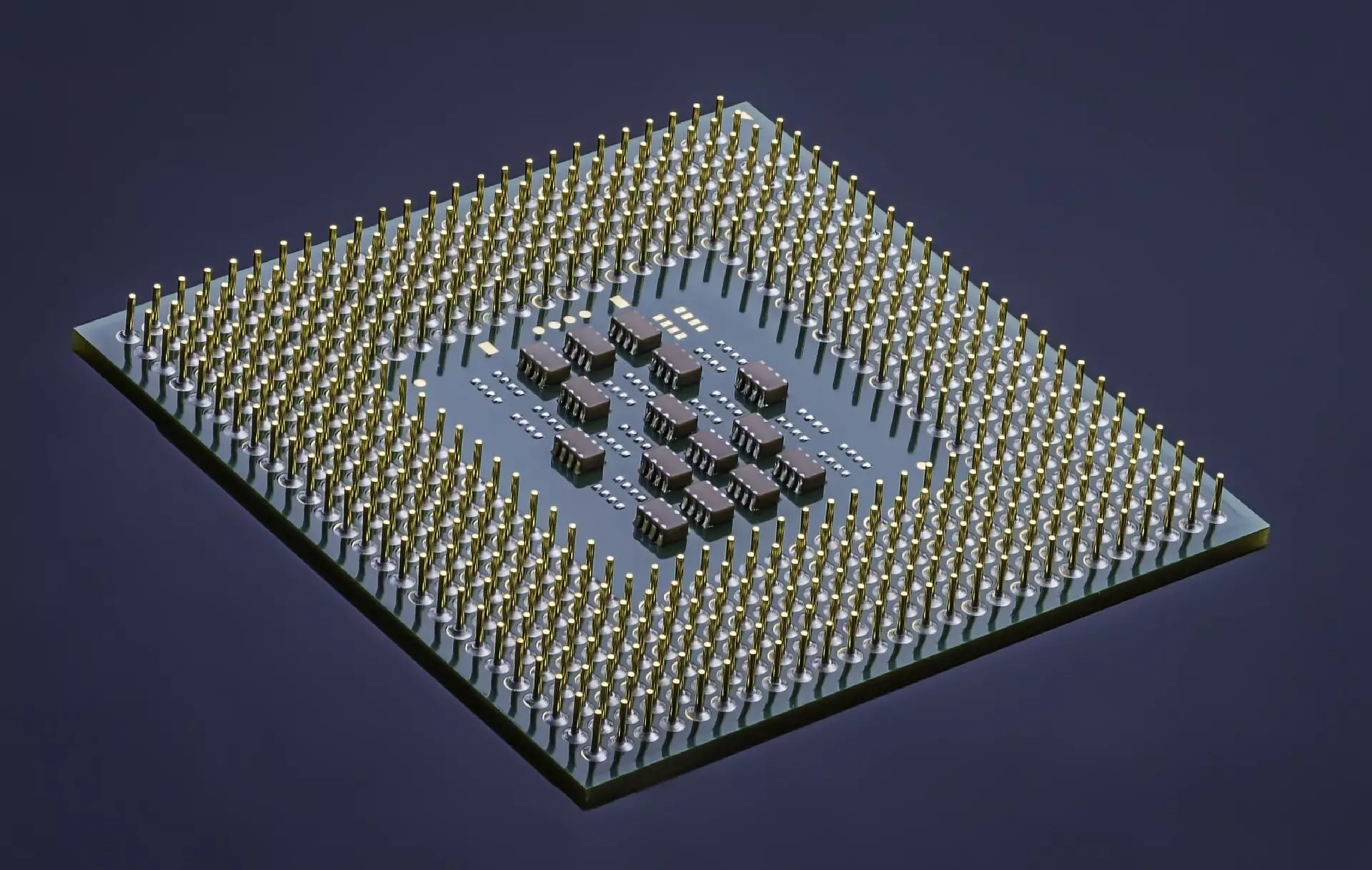

In a significant move aimed at bolstering its defense capabilities, the UK government has successfully acquired a vital semiconductor manufacturing facility located in Newton Aycliffe, located in the northeast of England. This factory, currently the only site in the UK equipped to produce gallium arsenide chips, plays a crucial role in the supply chain for the country’s armed forces. The urgency of this acquisition stems from concerns that the factory’s potential closure could create severe disruptions in the availability of semiconductors essential for advanced military technology.
The importance of semiconductors in defense applications cannot be overstated. These chips are integral to the operational effectiveness of various military platforms, particularly in enhancing the capabilities of fighter jets. Defense Secretary John Healey emphasized this point by stating that “semiconductors are at the forefront of the technology we rely upon today.” His assertion highlights the critical need for a self-sufficient semiconductor supply in maintaining national security and operational readiness.
The British government’s acquisition of the facility from the American firm Coherent Inc. and its subsequent rebranding as Octric Semiconductors UK represents a decisive commitment to supporting domestic defense production. Although the exact financial details of the acquisition remain undisclosed, sources indicate that the government invested approximately £20 million ($27 million) in this deal. Beyond safeguarding national interests, this acquisition also aims to preserve around 100 local jobs, contributing to the regional economy.
The looming threat to the factory’s existence was exacerbated by the conclusion of a key contract with tech giant Apple, leaving its future in jeopardy. However, the UK’s intervention not only stabilizes the facility but also sends a clear message of intent regarding the importance of securing manufacturing capabilities on home soil, especially in technology sectors crucial to national defense and economic stability.
The broader semiconductor industry is one of staggering dimensions, with over a trillion semiconductors manufactured annually. Analysis from the UK government predicts that the global semiconductor market could reach a staggering $1 trillion by 2030. As these chips underpin critical technologies ranging from smartphones to military hardware, their strategic importance has intensified, particularly as nations vie for dominance in this pivotal field.
Tensions in the global semiconductor supply chain highlight the competitive landscape, especially between dominant powers like the United States and China. This geopolitical rivalry underscores the need for countries to enhance their own semiconductor manufacturing capabilities. The UK’s acquisition is not just about addressing immediate needs; it also positions the country more favorably in the high-stakes global technology race, ensuring access to vital components for both military and civilian applications.
The successful acquisition of the Newton Aycliffe semiconductor facility represents a proactive approach by the UK government to mitigate potential supply chain vulnerabilities. As the demand for advanced semiconductors continues to rise, particularly in light of emerging technologies such as artificial intelligence and next-generation wireless networks like 6G, this strategic initiative places the UK on a more secure path. Ensuring a robust domestic supply chain for critical technologies is now more imperative than ever, marking a pivotal step towards future-proofing the nation’s defense infrastructure and technological sovereignty.
In the realm of software development, the ability to swiftly and accurately address bugs is…
The realm of quantum computing and communication is not just an abstract dream anymore; it…
In a remarkable leap for the field of material science, a collaborative research initiative has…
Throughout Earth's vast history, our planet has endured five major mass extinction events that reshaped…
Rainfall is a vital element of our planet’s hydrological cycle, yet many aspects of its…
On a night when the universe aligns, a mesmerizing phenomenon awaits: the appearance of the…
This website uses cookies.